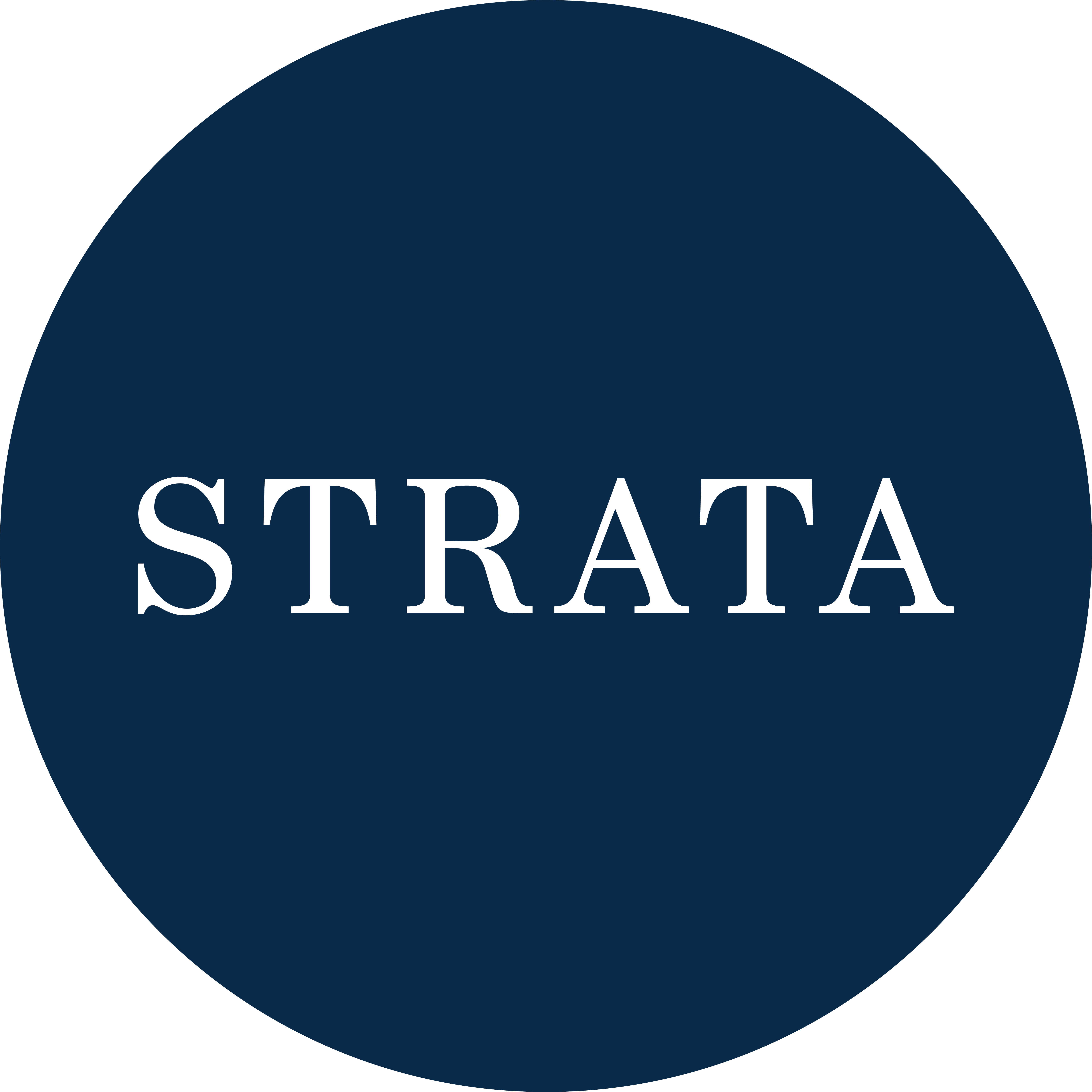For many empty nesters, downsizing from a house to a condo is an act of convenience—one that often comes with a sense of freedom. There are numerous benefits to making this transition; convenience, finances, security, and family among them.
But while the benefits are often obvious, the pitfalls aren’t. There are many things to consider when downsizing from a house to a condo and ignoring the potential drawbacks could lead to an unpleasant experience.
Choosing The Right Layout
Selling your 4-bedroom house for a 1-bedroom condo will no doubt have you smiling all the way to the bank, until you realize just how much square footage you’ve given up. Many retirees who move into a one bedroom find that the change is simply too dramatic, especially in modern condo residences.
If you’re looking for a 1 bedroom, it’s typically wise to look for an older building as they tend to have larger unit sizes. Comparing two condo buildings in the same neighbourhood tells the tale: If you look at Rosedale Glen and X Condos, built in 1983 and 2010, respectively, you’ll find that one-bedroom units at Rosedale Glen have an additional 700 square feet of living space. That 700 square feet could be the difference between feeling cozy and feeling claustrophobic.
For those who are set on a newer building, getting a 2-bedroom suite can make a world of difference. It might only add an additional 200 square feet but that extra storage or living space will make you feel more at ease.
Picking The Right Neighbourhood
Where you live in the downtown core can make a huge difference to your lifestyle. Those in the Bay Street Corridor are in the heart of the action—those in Grange Park have a relatively quiet location. Though many retires want to live as close as possible to their children, sometimes that isn’t practical.
Matching your lifestyle to your prospective neighbourhood will not only ensure that you aren’t kept up at night by party goers, it will enable you to have true convenience: The ability to walk to boutiques, run errands on foot, dine out close to home, and utilize convenient transit options.
Lofts, Condos, and Townhomes
Selling your house for a condo doesn’t mean that you have to move into a skyscraper. There are hundreds of mid-rise and low-rise condo developments, as well as townhomes. The building type you choose will have a huge impact on your lifestyle, so it’s important to understand the differences.
Lofts are the most open and expansive of condo types. They can be purpose built or be the result of a conversion from an older building. Loft conversions often have industrial features like exposed brick and wood trusses, and many have no separation or only partial separation between the bedrooms the living space. Purpose built lofts are almost indiscernible from condos other than that they usually have exposed concrete ceilings and open layouts. Amenities aren’t a given in a loft, so it’s wise to enquire.
Condos are the most prevalent unit type. They can be open concept or separated like an apartment. Gyms and parking garages are standard amenities found in almost every condo building, but the extras can go far beyond that.
Townhomes are typically thought of as rows of detached houses, but townhomes also exist inside large condo buildings. Townhomes tend to have less amenities than a condo but more square footage. However, that’s not a rule. There are 500 square foot 1-bedroom townhomes in many complexes across the GTA and they offer an almost identical living arrangement to a condo unit. Townhomes rarely have extensive amenities, but condo fees are typically lower as a result.
Condo Fees
Condo fees are a part of condo life and they’re absolutely essential to keep these building in great condition. If you’re renting, then you don’t need to worry about them as your landlord will cover those expenses. However, if you’re buying a condo, there’s no avoiding condo fees.
In addition to covering repairs and ensuring a healthy reserve fund, these fees pay some utilities and cover the cost of shared amenities and common areas.
If you’re looking for many amenities or you have a large unit, you’ll pay more fees. If you go for a townhome or something with few extras, you should expect to pay less. It’s essential that you factor these fees into your expected monthly expenses.
Trusting Your Gut
When buying a condo, you’re not just purchasing a home, you’re becoming part of a community. Because of this, you have to trust your instincts. If a building doesn’t feel like the right fit or you’re not sure about the location, always trust yourself. Downsizing from a house to a condo requires some adjustment, and the transition is much easier when you’ve remained true to yourself.







